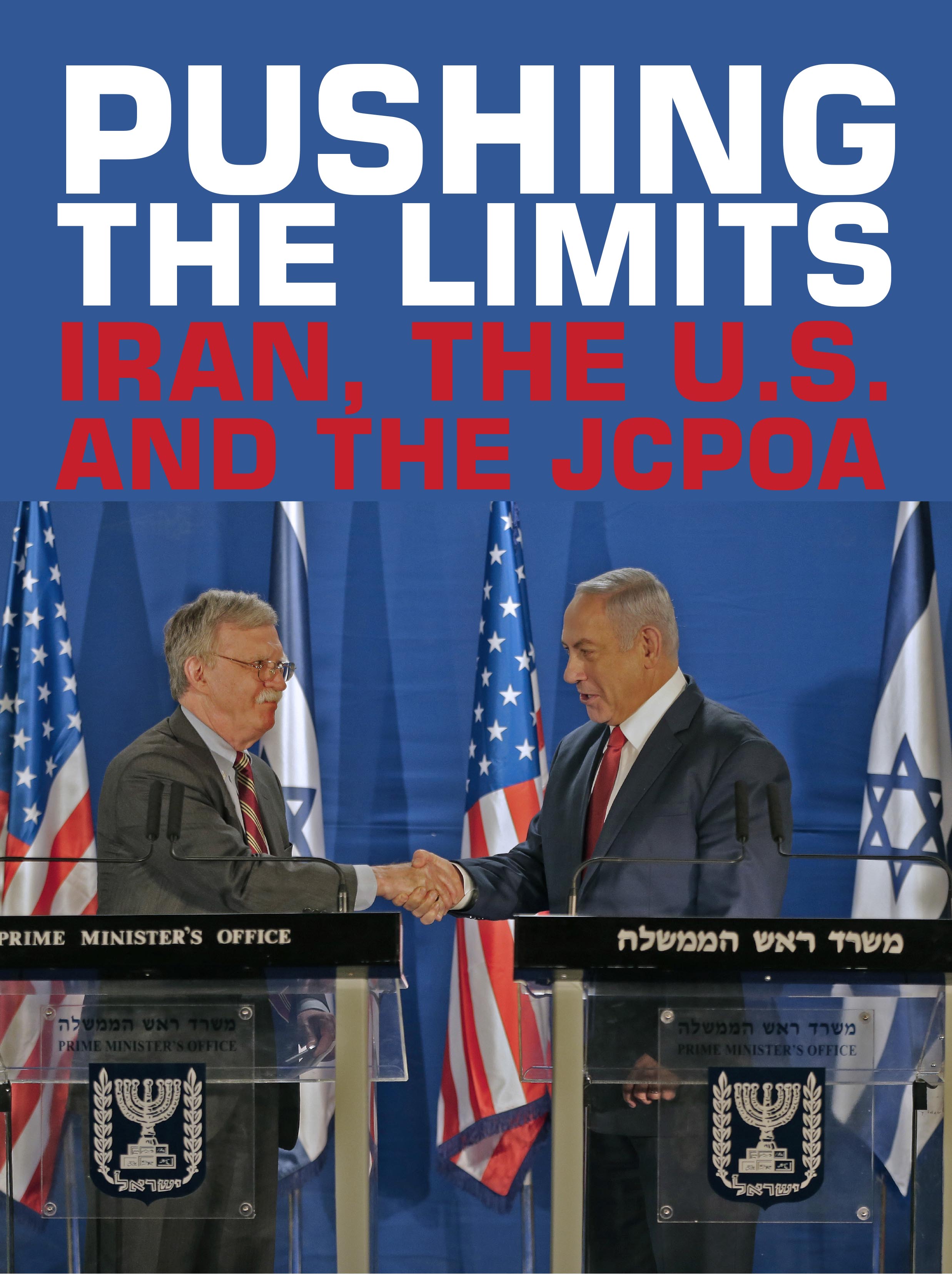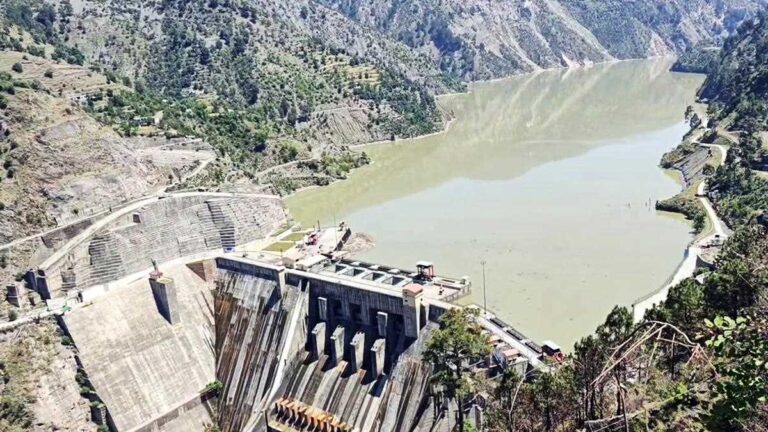
Cheryl Rofer
In May 2018, Benjamin Netanyahu announced that Israeli intelligence had stolen an archive of material on nuclear weapon research from Iran. Since then the Israelis have turned the material over to the International Atomic Energy Agency (IAEA) and allowed a very few outside experts to look at some of the material.
Handling nuclear weapons information requires care. The IAEA must bring in nuclear weapons experts to evaluate it both for their expertise and because, under the Nuclear Non-Proliferation Treaty (NPT), nuclear weapons design must not be shared with non nuclear weapon states. Much of the material is in Farsi, and its authenticity has not been proved. The IAEA evaluates this kind of material and discusses it with the relevant parties in confidence, so it will be some time before we hear any of their conclusions, if we do.
Israel is not a signatory to the NPT, but it has been careful in its handling of the material.
Israel did not get Iran’s full archive, but it claims it has the most important parts. So far, the organizations that have had the most access and are willing to talk publicly are the Institute for Science and International Security (InstSIS) and the Foundation for the Defense of Democracies (FDD). Both have put the information into the service of their anti-Iran agenda.
The other group is from Harvard’s Belfer Center, who notes the limitations of what it has seen. American governmental experts are working on the material. The archive confirms several suspicions on Iran’s nuclear weapons program – they had a design for a nuclear weapon and planned to make five, each with a yield of 10 kilotons – and provides detail on others, like the explosives testing chamber at Parchin. The program was larger than had been believed. Work on the program substantially ended in 2003, as Western intelligence agencies found, but a small amount of related work continued.
InstSIS and FDD argue that the fact that Iran has not destroyed the archive is grounds to distrust Iran’s adherence to the Joint Comprehensive Plan of Action (JCPOA). They argue that it cannot be proved that Iran has ended its work on nuclear weapons (for example, here and here). They demand Iran prove a negative and imply that all of Iran must be open to inspection at any time. Iran will never agree to that; it is expected of no other signatory to the NPT. Israel allows much less inspection of its nuclear facilities.
The Joint Comprehensive Plan of Action (JCPOA) provides for extensive inspection of Iran’s nuclear facilities, but both InstSIS and FDD supported Donald Trump’s decision to withdraw the United States from the agreement. Their theory and Trump’s is that now the way is open to negotiate the more extensive inspections they desire.
So far, those negotiations look unlikely to happen. Meanwhile, the IAEA continues to inspect Iran and finds nothing in violation of the JCPOA. Its latest report was published in the last week of May. The Belfer Center group explicitly avoided policy conclusions from its examination of the archival materials made available to them. Ernest Moniz and Elizabeth Sherwood-Randall, Secretary and Deputy Secretary of Energy in the Obama Administration, cite the transparency and verification regime of the JCPOA as a counter to any suspicion that Iran might continue its nuclear weapons program.
South Africa is the only country that has given up nuclear weapons of their own manufacture. South Africa is now a member of the NPT in good standing. It has not destroyed its archives and has kept the enriched uranium separate from their bombs, which the IAEA inspects. The retention of archival material does not simply imply the future of a program. Even without the archive, much of the program could be reconstructed from people’s memories.
The JCPOA is a first step toward building enough trust that Iran does not feel a need for nuclear weapons. International agreements are never perfect, but by gradual steps of transparency and verification, a record can be established on which trust can be built.
If the JCPOA continues, Iran is committed to what the IAEA calls an Additional Protocol, which will require a Broader Conclusion that all of its nuclear material is accounted for and applied to peaceful purposes only. The parties to the JCPOA were on the path to that painstaking conclusion when the United States withdrew from the agreement. Iran now is threatening to push the limits of the agreement.
Both the United States and Iran need to go back to the path of peace.
Cheryl Rofer is a chemist, retired from Los Alamos National Laboratory after 35 years of service.





